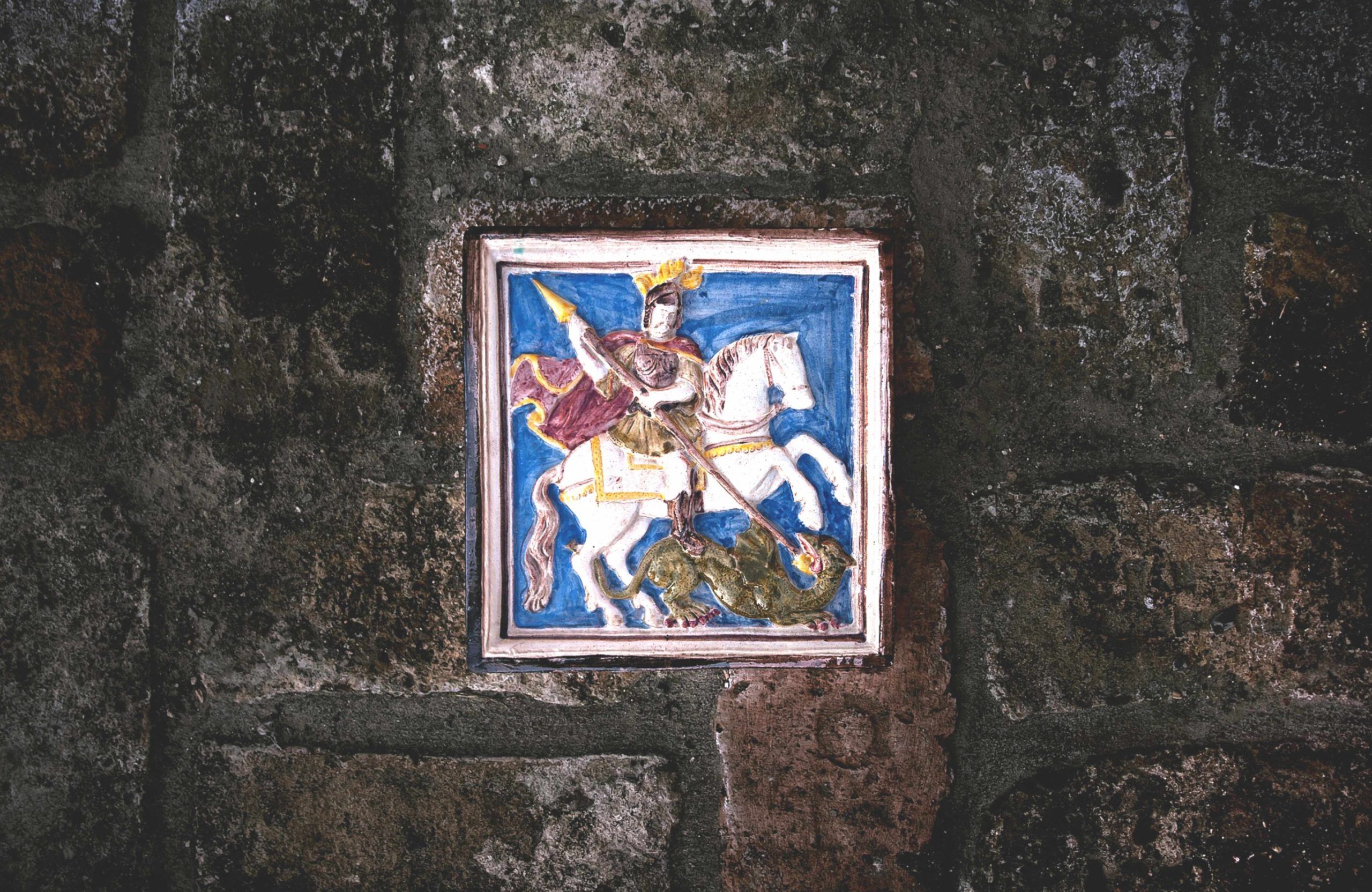Why 6 May is such a big deal to Bulgarians
Written by Georgi Hristov, edited by Lindsay Martin and Andrea Vushkova, photo from Pixabay.
My name is Georgi and for me, Гергьовден (Saint George’s Day) is more important even than my birthday. My reasons are purely personal and include the fact that my grandfather has the same name, there is a huge feast, a lot of guests, and of course presents (mostly чорапи, I love getting socks).
Why is Гергьовден so important for Bulgarians?
For Bulgarians, Гергьовден is the reminder that the beginning of summer isn't far off. Bulgarian winters used to be very long, cold, and harsh. Гергьовден is the day when summer has arrived, the hardships are over, the land is ready to sow, and from this day on, the year will keep getting better, and warmer. Bulgarians believe that if it rains on Гергьовден the rest of the year is going to be very fertile. There is a saying, "Всяка капка гергьовски дъждец жълтица носи." It is very hard to translate, but in general, it means "Every drop of rain on Saint George's day brings a golden coin."
Who is Saint George?
According to Bulgarians, Свети Георги (Saint George) is a glorious young champion (very nice Bulgarian word “юнак”) who saved a damsel from the “ламя” (mythological female reptile with one or several heads, resembling the head of a dog). The Bulgarian army celebrates this day as well and it’s mainly connected to the bravery of Saint George.
According to Wikipedia, Saint George became one of the most venerated saints and megalo (great) martyrs in Christianity. He has been especially revered as a military saint since the Crusades.
How do Bulgarians celebrate?
6 May is a national holiday because of the Bulgarian Army. Its official name is Гергьовден, ден на храбростта и българската армия (Saint George's Day, day of bravery and the Bulgarian army). Now why Bulgarians celebrate on 6 May instead of 23 April as most other countries is a little contradictory, and many people believe it is because the holiday was put on pause during the rule of the Bulgarian Communist Party. As to if this is true, we are not here to debate over that. The difference is essentially that the Bulgarian Orthodox Church uses the Gregorian calendar.
On this day we have a huge feast that includes eating roast lamb, ritual Saint George bread, and the traditional “дроб-сaрма” ("drob sarma": a dish with rice and lamb organs like the heart, lung, and liver). Some Bulgarians call this feast a “курбан” ("sacrifice of an animal") but my family is Orthodox Christiаn and my father is an Orthodox Priest, so we avoid using this word.
Many rituals surround the day, including burying a red Easter egg in the ground for fertility. Young women will pick geraniums and make wreaths out of them. This is to protect them from “зли очи” (literally: evil eyes, meaning curses from ill-wishers).
Bulgaria is a small country with countless rituals. I, unfortunately, do not know them all. Nevertheless, I hope the article will give you some basic knowledge about this special day.
Want to get in the Гергьовден mood? Here are some great songs many Bulgarians adore:
Slavi Trifonov - Sveti Georgi
Слави и Нина Николина - Свети Георги (Концерт Вавилон)
This old song is immortal in its countless iterations. The above are my personal favorites.
In closing, do not forget to call your Georgi and give him your best wishes. Keep in mind that according to Bulgarian tradition, you don't need an invitation to participate in name-day festivities. This means you can grab a bottle of rakia and go celebrate!
